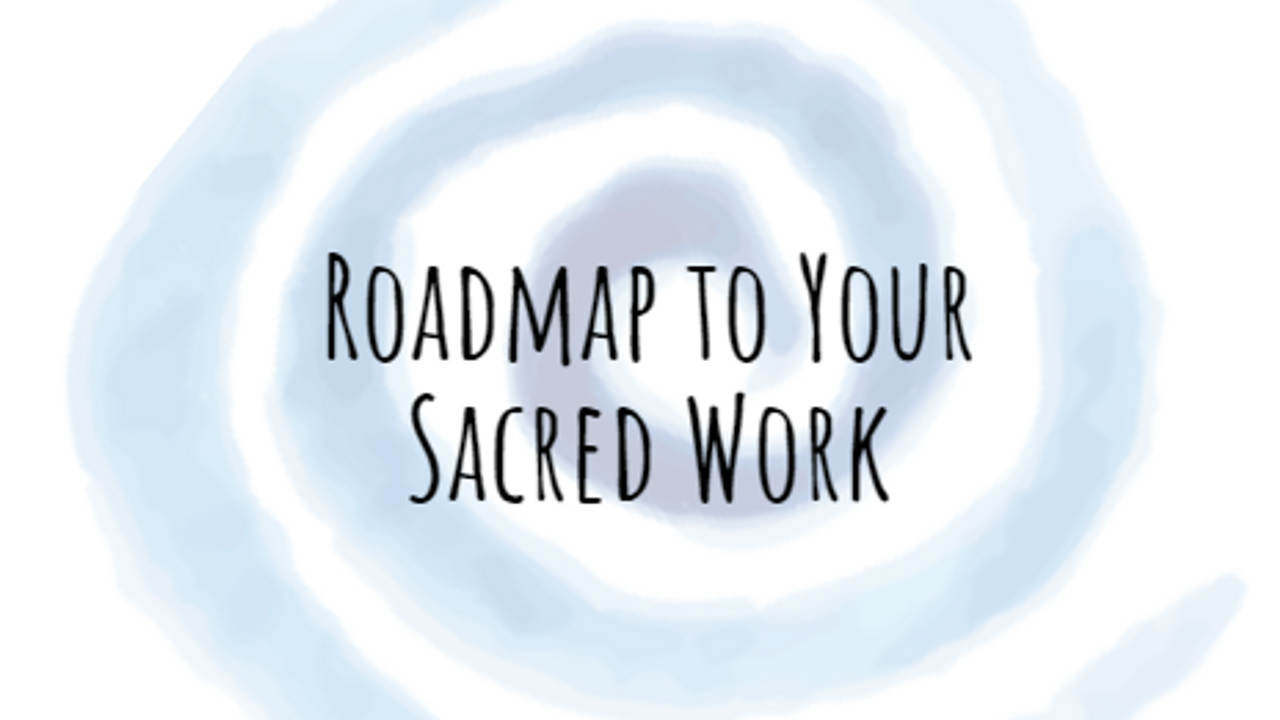This shift happens in less than six months. What difference does that time make? What is the distinction between being a slave to Pharaoh and a servant of God? What is the point of the Exodus journey if we end up laboring in the construction business either way?
Rabbi Shai Held notes: “As slaves in Egypt, the Israelites work without respite against their will. When they build the mishkan in this week's parashah, in stark contrast, Moses asks for voluntary contributions. Finally freed from slavery, the Israelites are slowly being taught that there is a form of service radically different from slavery, one that honors and nurtures one's sense of agency rather than degrading it and whittling it away.”
What differentiates divine service from slavery? Mostly, Shabbat. It is no coincidence that when Moses lays out instructions for how to build the tabernacle, he begins with Shabbat: "On six days work may be done, but on the seventh day you shall have a sabbath of complete rest holy to the Lord..." (35:2). In Torah, both meaningful work and restorative rest are each made holy by the presence and possibility of the other. Without rest, even the holiest labor eventually becomes drudgery. And without significant work, even sacred rest settles into boredom. Just as in music, we need both notes and rests to create a beautiful score, a well-lived life is defined by both purposeful labor and the regular pauses that differentiate service from servitude.
As we conclude Exodus and begin the book of Leviticus next week, let us mark the passage with the words of our tradition for just this occasion: Chazak, chazak, v’nitchazek—Let us be strong, let us be strong, and let us strengthen one another.
Conversation Question:
How is your balance of work and rest, of sacred labor and holy renewal? What might you consider adjusting this week?

